Robben Island is a symbol of how the human spirit has overcome the forces of exploitation. The prison was the mark of subjugation in apartheid South Africa. Years down the line its bitter and horrible history is replaced by a culture of awe at how far man has come in the fight for his freedom.
While it is celebrated by many South Africans as part of their story, the rest of the world takes pride in the significance of Robben Island.
10 Fascinating Facts About Robben Island
1. It Is Over 400 Years Old
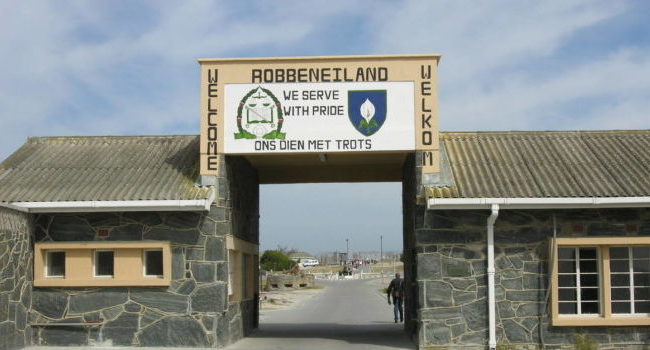
History traces the foundations of the facilities on the Island to over 400 years old.
The prison is about 12 kilometers away from Capetown, used for different purposes at different points in time. It became a hospital for outcast groups, and exiles.
Its fame comes from being used as a maximum-security facility for political prisoners during the apartheid years in South Africa.
See Also: Skeleton Coast- 12 Facts You Don’t Know About The Coast- Is It The End Of The World?
2. South Africa’s Presidents Imprisoned At Robben Island
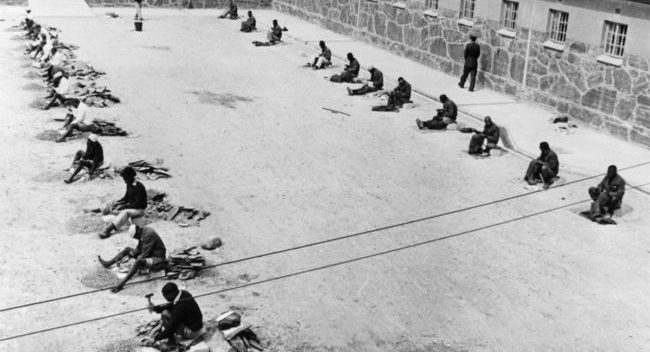
Should we rename the island a place where presidents were made? It would not be enough. Its legacy is that it produced three former South African presidents.
One of the memorable days in South Africa is the release of Nelson Mandela, its first democratically elected president. He was released on 11 February 1990 after serving a 27-year sentence, 18 of which were at Robben Island.
Kgalema Motlanthe is another former south African president that was imprisoned at Robben Island for his anti-apartheid stance. He was the 3rd president of South Africa.
Jacob Zuma served ten years on Robben Island alongside other anti-apartheid activists.
3. Nelson Mandela Spend Almost 2 Decades At Robben Island
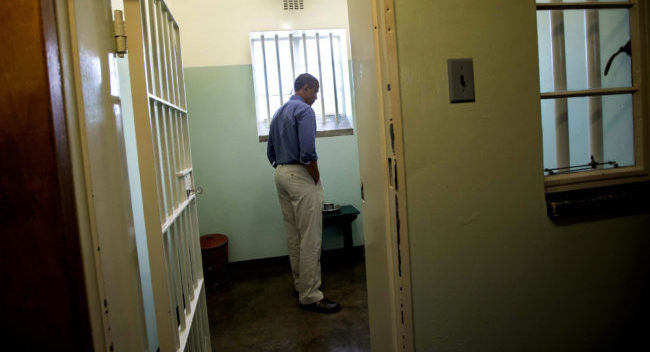
Nelson Mandela is the epitome of social justice. He gave up all and took his long walk to freedom in the dangerous prison. Mandela is the most famous political prisoner held on the Island.
Even at the cost of his health Mandela learned the hard path that leads to justice and equality for South Africans and other citizens of the world.
He spent 18 out of his 27-year sentence at Robben Island.
4. Island Of Exiles
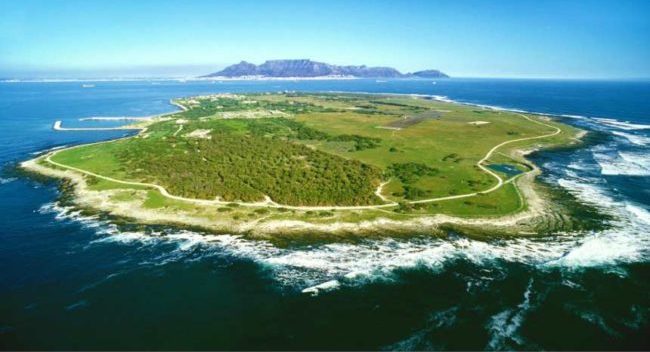
The author Lawrence Green found this name suitable based on historical facts.
The island was used to keep away rulers that have been exiled outcasts and those thought to be troublemakers. In short, it became a prison for exiled people in society. It was first used as a colony for the lepers, mentally ill, prostitutes with STDs, and other undesirables in 1845.
Many have claimed that prisoners were held at Robben Island by the Portuguese as far back as 1525. Though these claims have been made, no evidence has ever been found to support the date. Others say that the Dutch were the first to use the island as a prison and Aushumato was possibly the first prisoner. The Dutch brought slaves from their other colonies to Robben Island.
The apartheid regime started using it as a political prison in the 1960s.
From times past conditions on the Island were always inhumane. Clergies and medical often had to call out the government especially the Dutch.
5. A Symbol Of The Triumph Of Democracy
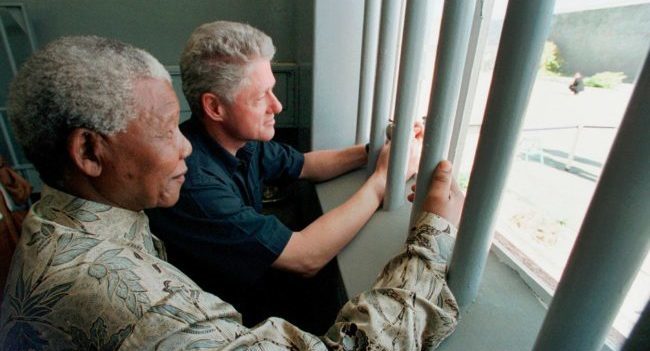
Robben Island as a political prison will always be told to generations. It is the symbol of victory over racism and inequality.
Democracy won over apartheid when South Africans fought the system. All prisoners incarcerated there by the apartheid regime were freed. Today its somber buildings stand in time as another line of how the human spirit overcame evil.
6. Robben Island Was A Military Outpost Before World War II
The second world war reached even the southern tip of Africa while the major war fronts were in Europe. The Island’s undesirables and patients were all sent to hospitals in the cape and it became a military outpost.
The military stored its armaments. Water is supplied to the Island while Roads and houses were also built by the government.
A power station built there is still used to date.
7. A World Heritage Site
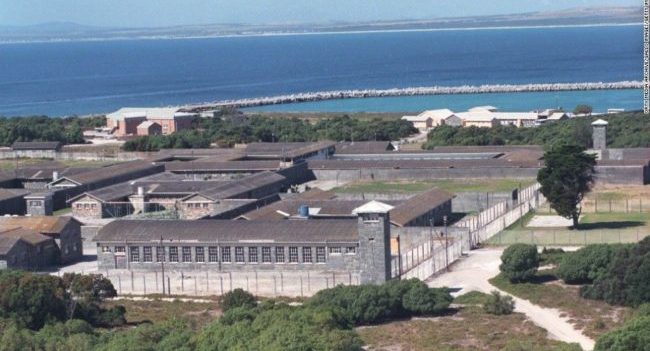
The world has lots of sites that hold memories of civilization on earth. It became a national monument in 1996.
Its importance to the world is the situation of culture change of freedom and acceptance of all South Africans as against the racist apartheid regime. It also houses the tomb of Hadije Kramat a Muslim exiled leader.
UNESCO declared Robben Island a world heritage site in 1999.
8. No One Has Ever Swam To Freedom From Robben Island Prison
Whoever thought of sitting a security facility on the island must have really thought of how the Island protects itself. A place so isolated and surrounded by very cold water.
Many swimmers in the world are discouraged by the cold water. Yet, researchers claim it is possible to swim away from the Island.
Robben Islands’ history of holding political prisoners never recorded any escaping due to the dangerous terrain. An exception was Harry, a trader who made an attempt using a leaky boat.
9. The Last Political Prisoner Left Robben Island 30 Years Ago
One of the world’s symbols of freedom will always be Robben Island. On 27 April 1991, its last political prisoners were released.
In 2021, the world was awakening from the dangerous covid-19 pandemic that locked it down. Survival became the new normal, but in South Africa, they celebrated the 3rd decade of freedom. They celebrated the release of the last political prisoners held there.
10. There Are No Prisoners in Robben Island
What would be the perfect replacement for a place of dread? Especially a place like Robben Island?
The South African government not only looked farther than the painful experiences of apartheid and its oppression institution, Robben island. It created a new spectrum to look at a heritage that tells the South African story.
Ever since the correctional service abandoned the island, it is now a museum.
One interesting piece to look out for is the Susan Kruger ferry that transported the last political prisoners from the Island.
Notable Prisoners Held At Robben Island
Nelson Mandela Former South African President
Dennis Brutus Poet And Writer
Jeff Masemola First Prisoner sentenced to life imprisonment during the apartheid era.
Kgalema Motlanthe Former South African President
Dimitri Tsafendas Political Militant
Seth Mazibuko Led The SOWETO Uprising
Jacob Zuma Former South African President
Govan Mbeki Father of Thabo Mbeki










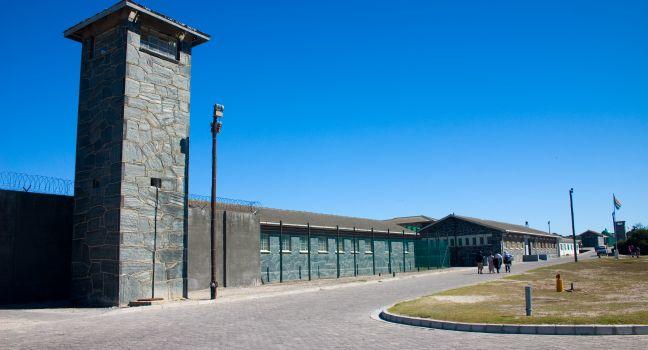










Discussion about this post